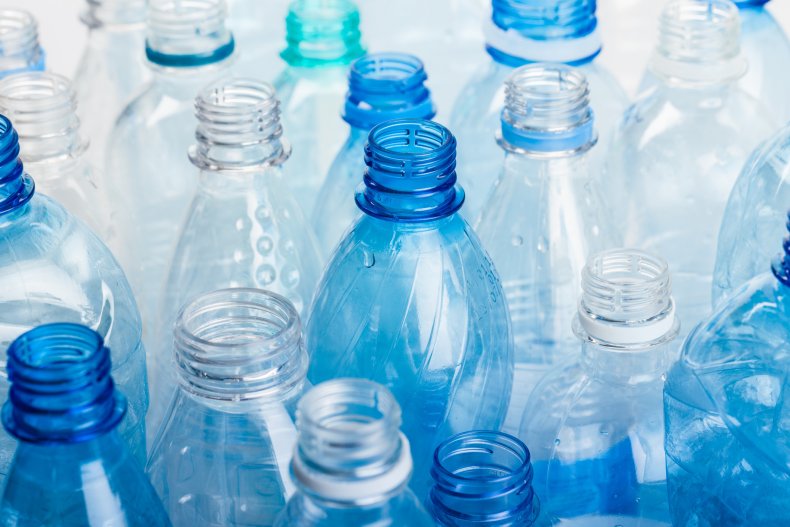GAS MADE BY BACTERIA MAY ONE DAY REPLACE FOSSIL FUELS IN PLASTIC PRODUCTION, SCIENTISTS SAY
BY KASHMIRA GANDER ON 8/28/20
A type of bacteria can produce a key ingredient of plastics. That's according to scientists who hope their discovery may one day see fossil fuels replaced in manufacturing.
Ethylene gas is used in the manufacture of most plastic products, and is made from oil or natural gas. Bacteria examined in a study published in the journal Science gave off ethylene after metabolizing sulfur.
The team stumbled across the discovery by mistake. They were growing and observing Rhodospirillum rubrum bacteria and its relatives in a lab for an ongoing study, to understand what would happen if they did not have access to sulfur, which they need to live. The teachers noticed the germs were producing ethylene, among other gases.
To shed light on ethylene production, they then grew the bacteria in low and high sulfur environments and documented the proteins involved in these scenarios.
When the team turned off certain genes they thought were related to ethylene production in the bacteria, they stopped creating the gas.
Justin North, a research scientist in microbiology at Ohio State University who led the research said in a statement: "We may have cracked a major technological barrier to producing, a large amount of ethylene gas that could replace fossil fuel sources in making plastics."
He said: "There's still a lot of work to do to develop these strains of bacteria to produce industrially significant quantities of ethylene gas. But this opens the door."
Senior author Robert Tabita, professor of microbiology at Ohio State, said the bacteria produce ethylene without needing oxygen. This is important as bacteria had been found to create ethylene in previous research, but with the help of oxygen.
"Oxygen plus ethylene is explosive, and that is a major hurdle for using it in manufacturing," said Tabita. Bacteria creating the gas without oxygen "gives us a significant technological advantage," he said.
Ethylene is a plant hormone which can be harmful in large amounts. Kelly Wrighton, co-author and associate professor of soil and crop science at Colorado State University, said the study may also explain why large quantities of ethylene in waterlogged soil cause "extensive crop damage."
North said: "Now that we know how it happens, we may be able to circumvent or treat these problems so that ethylene doesn't accumulate in soils when flooding occurs."
This study is the latest example of scientists thinking about the relationship between plastics and bacteria. Earlier this year, scientists found a strain of bacteria that can feed off the material. According to the study published in the journal Frontiers in Microbiology, the Pseudomonas sp. TDA1 strain consumed what is known as polyurethane.
Co-author Hermann J. Heipieper, a senior scientist at the Helmholtz Centre for Environmental Research-UFZ in Leipzig, Germany, said in a statement: "The bacteria can use these compounds as a sole source of carbon, nitrogen and energy.
"This finding represents an important step in being able to reuse hard-to-recycle PU [polyurethane] products."

A stock image shows a collection of plastic bottles.GETTY
No comments:
Post a Comment